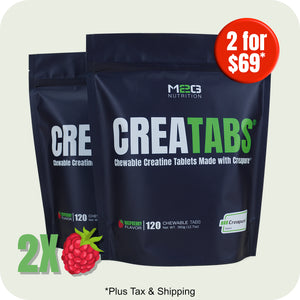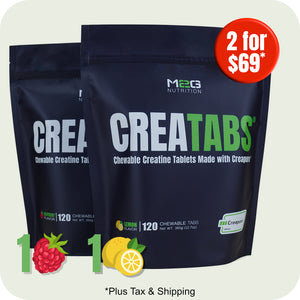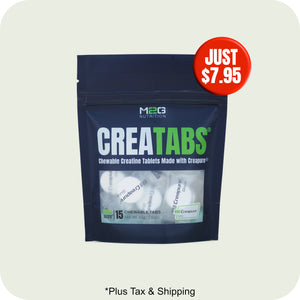Improve Your Healthspan with Creatine
May 14, 2025
Creatine offers several potential benefits as we age, primarily related to muscle health, bone health, and cognitive function. Here is a brief overview some of the more promising findings from this relatively new area of research.
1. Muscle Health:
- Increased Muscle Mass and Strength: As we age, we naturally experience a decline in muscle mass and strength. Creatine supplementation, especially when combined with resistance exercise, has been shown to help counteract this loss. It can increase lean muscle mass and improve muscle strength in older adults.
- Improved Physical Function: By preserving and increasing muscle mass and strength, creatine can contribute to better physical function, making everyday activities like walking, climbing stairs, and carrying groceries easier. It can also help reduce the risk of falls.
2. Bone Health:
- Increased Bone Mineral Density: Emerging research suggests that creatine may play a role in bone health. It's been shown to potentially reduce bone mineral density loss, particularly in postmenopausal women, when combined with weight-bearing exercise.
- Enhanced Bone Strength: Creatine might stimulate bone formation and improve bone strength, possibly by increasing the activity of cells involved in bone formation. The increased muscle mass from creatine and resistance training can also indirectly benefit bones through increased mechanical loading.
3. Cognitive Function:
- Improved Memory and Processing Speed: Some studies indicate that creatine supplementation may have positive effects on cognitive function in older adults, particularly in areas like short-term memory and processing speed.
- Increased Brain Energy: Creatine plays a role in brain energy metabolism, similar to its role in muscles. Supplementation may increase brain creatine levels, potentially supporting cognitive function, especially during demanding mental tasks or stressful situations.
Important Considerations:
- Synergy with Exercise: The benefits of creatine for muscle and bone health are often amplified when combined with resistance training or weight-bearing exercise.
- Individual Variability: Responses to creatine supplementation can vary among individuals.
- Safety: Creatine has been extensively studied over decades and is generally considered safe for older adults when taken at recommended doses. However, individuals with pre-existing kidney conditions should consult their doctor before starting supplementation.
In conclusion, creatine appears to be a promising supplement for supporting healthy aging by helping to maintain muscle mass and strength, potentially improving bone health, and offering cognitive benefits. Combining creatine with an active lifestyle, including resistance exercise, seems to maximize these advantages.










